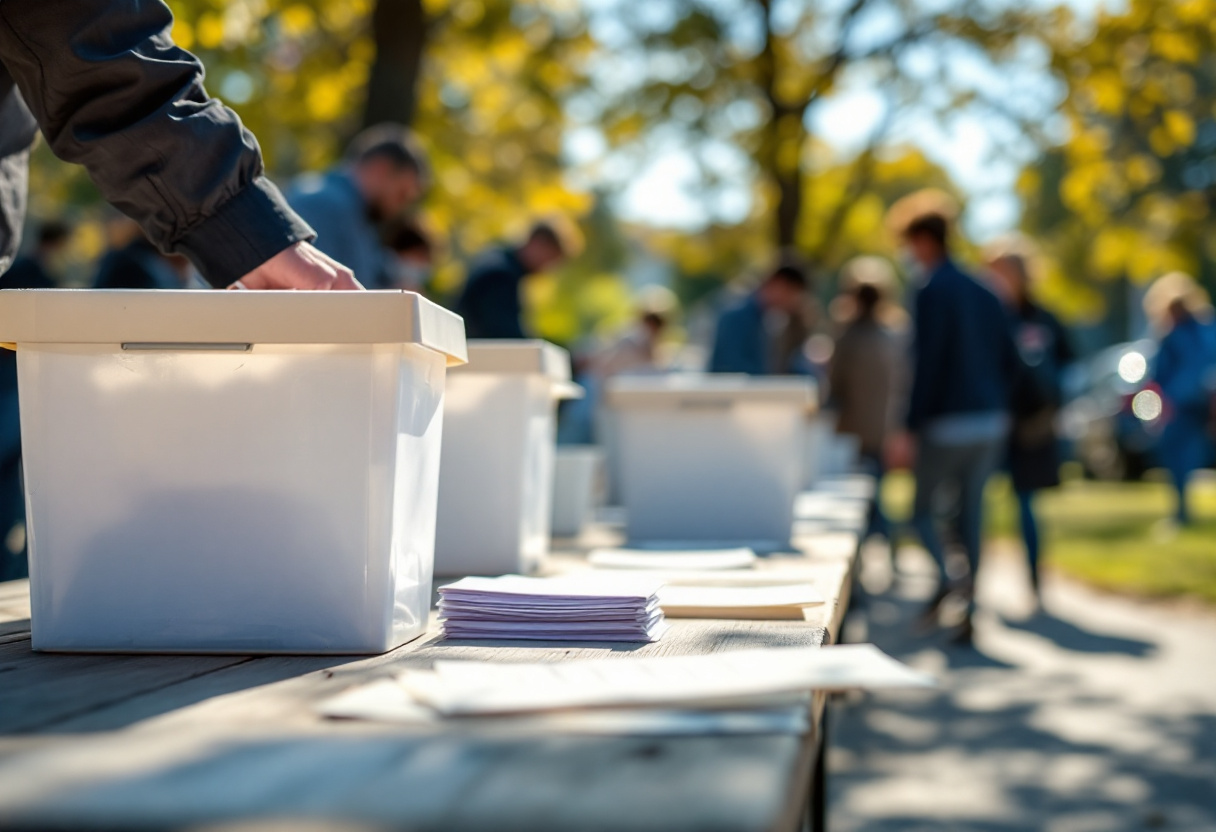Table of Contents
Understanding the significance of election day in Nova Scotia
Election day in Nova Scotia is not just a routine event; it represents a pivotal moment for the province’s political landscape. As citizens prepare to cast their votes, the atmosphere is charged with anticipation and the potential for change.
This election marks a crucial juncture for the Progressive Conservatives, led by Tim Houston, who are vying for a second consecutive term. The stakes are high, and the decisions made today will shape the future of governance in Nova Scotia.
Early voting trends and their implications
Recent reports from Elections Nova Scotia indicate a decline in early voting compared to the previous provincial election. With over 147,000 early ballots cast as of Saturday, this figure falls short of the 166,400 early votes recorded at the same point during the 2021 election.
This drop raises questions about voter engagement and turnout, which are critical factors in determining the outcome of the election. Understanding these trends can provide insights into the electorate’s mood and priorities, highlighting the importance of addressing voter concerns in real-time.
The candidates and their final push
As the final day of campaigning unfolds, candidates are making their last appeals to voters. Tim Houston, alongside NDP Leader Claudia Chender and Liberal Leader Zach Churchill, is set to hold news conferences in Halifax, aiming to sway undecided voters and reinforce their platforms.
Each leader brings a unique vision for Nova Scotia’s future, and their messages today will be crucial in influencing public opinion. The intensity of their campaigns reflects the competitive nature of this election, with each party striving to resonate with the electorate’s aspirations.




